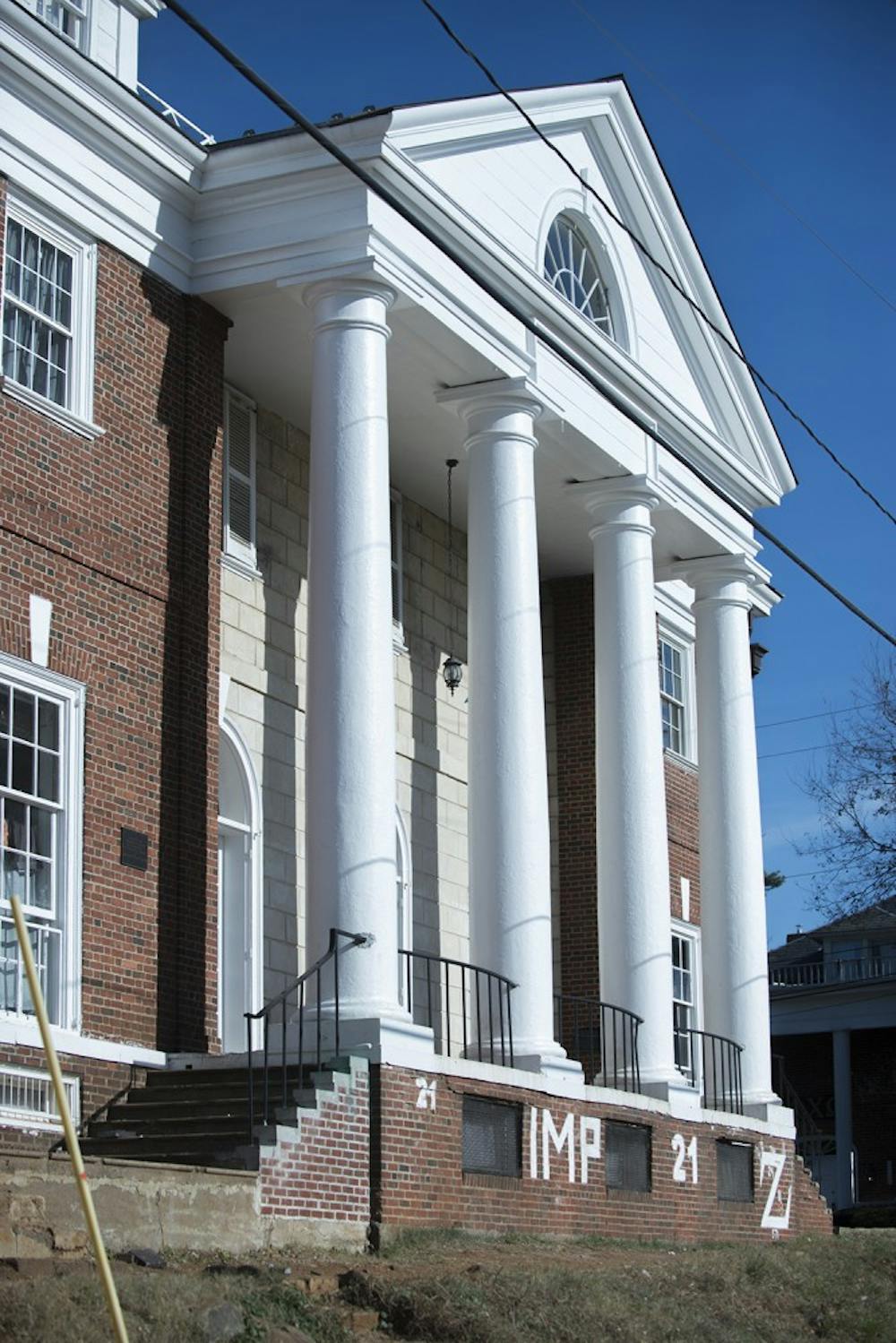The University’s Virginia Alpha Chapter of Phi Kappa Psi’s lawsuit will see differences from former Associate Dean of Students Nicole Eramo’s successful lawsuit against Rolling Stone Magazine.
Phi Kappa Psi filed a $25 million defamation lawsuit against the magazine, writer Sabrina Rubin Erdely, Wenner Media, Inc. and Straight Arrow Publishers in November 2015.
“Rolling Stone and Erdely had an agenda, and they were recklessly oblivious to the harm they would cause innocent victims in their ruthless pursuit of that agenda,” the lawsuit reads.
On Nov. 4, a jury found Rolling Stone, Erdely and Wenner Media liable of actual malice in their November 2014 publication of “A Rape on Campus,” which detailed a violent alleged gang rape in 2012 at the Phi Psi house and a lack of response to sexual assault allegations by the University administration. On Monday, the same jury awarded Eramo $3 million in damages.
Given that Phi Kappa Psi’s case against Rolling Stone deals with different statements from the article than Eramo’s, much of the trial proceedings will likely differ from Eramo’s trial. Rolling Stone’s decision to continue using two of the same attorneys — David Paxton and Elizabeth McNamara — is likely a money-saving choice, Law Prof. Ted White said.
“The Phi Kappa Psi trial is going to be different, there's a different statement, there will be different evidence about whether Rolling Stone investigated that or not,” White said. “So, the fact that they have the same lawyers, that’s just saving Rolling Stone some money.”
A major difference between the fraternity and Eramo’s lawsuits is where the cases were filed: while Eramo elected to bring her case to the U.S. District Court, Phi Psi chose to stay in the Charlottesville Circuit Court.
The decision to keep the lawsuit in-state was likely a strategic one, White said. A local circuit court may provide a local judge and jury more likely to favor the plaintiff over an out-of-state defendant.
“They're probably thinking that for some reason they might get more favorable treatment if they sued in a local court,” White said. “Obviously that’s what they're doing since they would have had the opportunity to sue in federal district court, they have elected to sue in state court for strategic reasons.”
The definition of the plaintiff’s level of publicity, a point of contention in libel lawsuits, will also likely not be affected by Eramo’s classification as a limited-purpose public figure in her lawsuit.
“One of the issues that's going to be present in this case is there is no, and I mean literally, there is no legal effect of the first decision,” White said. “Things like whether the fraternity is a public figure, the fact that Eramo was found to be a limited purpose public figure by the district court does not mean that Phi Kappa Psi would necessarily be found to be a limited purpose public figure by the trial judge in Charlottesville.”
The fraternity’s lawsuit is not scheduled for trial until October 2017.
Phi Kappa Psi’s attorney declined to comment for this article, and Rolling Stone’s attorneys did not return a request for comment by press time.







